Media Release – 29 October 2018
NZKS signs New Plastics Economy Global Commitment and is first New Zealand food business to join UN Global Compact
New Zealand King Salmon (NZKS) has become the first New Zealand food business to join the world’s largest corporate citizenship initiative and one of a handful of NZ businesses to sign the New Plastics Economy Global Commitment.
New Zealand King Salmon is one of 250 businesses worldwide to be the first to join the New Plastics Economy Global Commitment, which is led by the Ellen MacArthur Foundation, in collaboration with UN Environment.
The company has also been approved as a participant business to the United Nations Global Compact, joining close to 10,000 other businesses worldwide.
Grant Rosewarne, CEO of New Zealand King Salmon, says NZKS is working hard to be a sustainable business on all counts – the environment, economy and people.
“We believe the aquaculture industry can be a positive force for the future. There is always more to do and being a part of the Global Compact and the New Plastics Economy Global Commitment connects us to an international community of businesses that all share the same challenges and aspirations for the future.
“We’re proud to be the first food business in New Zealand to sign up to the Global Compact, and want to see others take similar action,” Mr Rosewarne says.
L’Oreal, Nestle and The Coca-Cola Company are among the 250 businesses that have committed to the New Plastics Economy Global Commitment, pledging to decrease plastic usage and ensure 100 percent of plastic packaging can be easily and safely reused, recycled, or composted by 2025.
In New Zealand, NZKS is helping drive this through the Sustainable Business Network Circular Economy Accelerator Research, where the company is one of 10 leading New Zealand businesses backing a diagnostic study to develop long-term viable solutions and alternatives to plastic packaging.
The UN Global Compact participants pledge to take action across a broader range of principles covering the environment, human rights, labour and anti-corruption. The Compact supports participants to take real action to achieve the UN Sustainable Development Goals.
As part of the Compact pledge, and to retain participant status, NZKS will report annually on the 10 principles.
“Salmon farming in New Zealand has a unique opportunity to contribute to sustainable regional growth and be a sunrise industry for our future. With the global demand for protein expected to double by 2050, New Zealand can lead the way in framing a better approach to food production without jeopardising our natural resources.
“At NZKS, we’re committed to leading this growth, including exploring open ocean farming, benchmarking our carbon emissions, and continuing to make sustainable improvements to our operations and supply chain,” says Mr Rosewarne.

The Ten Principles of the United Nations Global Compact are available here: https://www.unglobalcompact.org/what-is-gc/mission/principles
More information about the New Plastics Economy Global Commitment is available here: https://newplasticseconomy.org/
More information about the United Nations Sustainable Development Goals is available here: https://www.un.org/sustainabledevelopment/sustainable-development-goals/
Ends
For more information please contact nzkscorp@kingsalmon.xyzpeadpr.co.nz
About New Zealand King Salmon
NZ King Salmon (NZKS) leads the way in the sustainable breeding, farming and production of a premium product that is appreciated by food lovers in New Zealand and in markets offshore. The business farms King Salmon from sea farms in the deep waters of the South Island’s Marlborough Sounds. The company’s high-value brands – Ōra King, Ōra King TYEE, Regal, Southern Ocean and Omega Plus – are known for their quality, category leadership and innovation across New Zealand and an increasing number of international markets.
About the Sustainable Business Network Circular Economy Accelerator Research
New Zealand King Salmon is proud to be among 10 leading New Zealand businesses backing a diagnostic study to develop long-term viable solutions and alternatives to plastic packaging.
The diagnostic study is being completed by the Sustainable Business Network’s Circular Economy Accelerator (CEA), with widespread support from across the packaging sector. The work will identify key challenges and interventions for the adoption of a viable, long-term circular economy approach for plastics. The results of the study will be made public this year.
Other companies backing the study alongside NZKS are well-known brands including Bluebird Foods, Coca-Cola Amatil (NZ), Countdown, Earthwise, ecostore, Freedom Farms, Lewis Road Creamery, My Food Bag and New Zealand Post.
